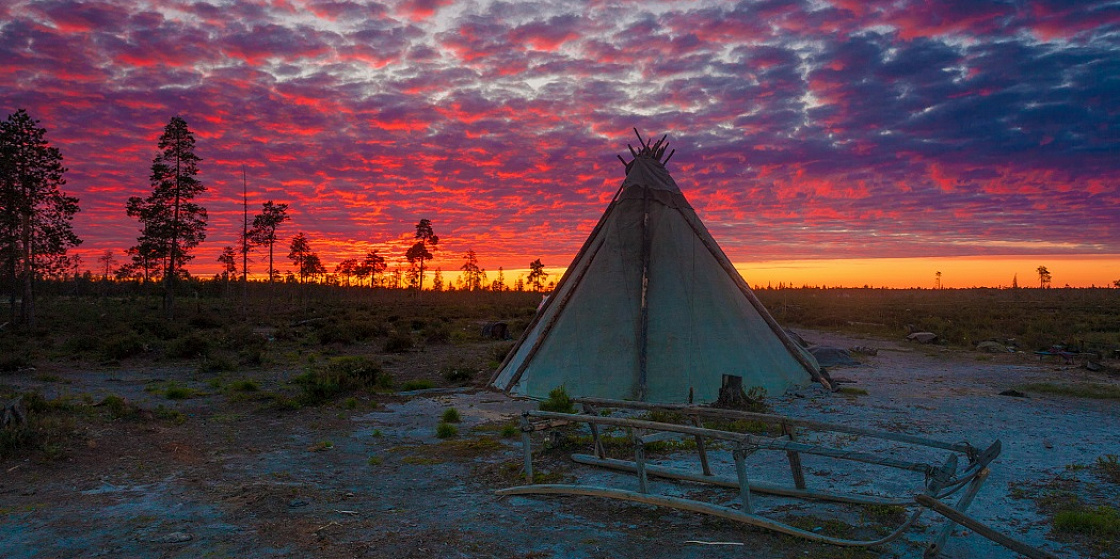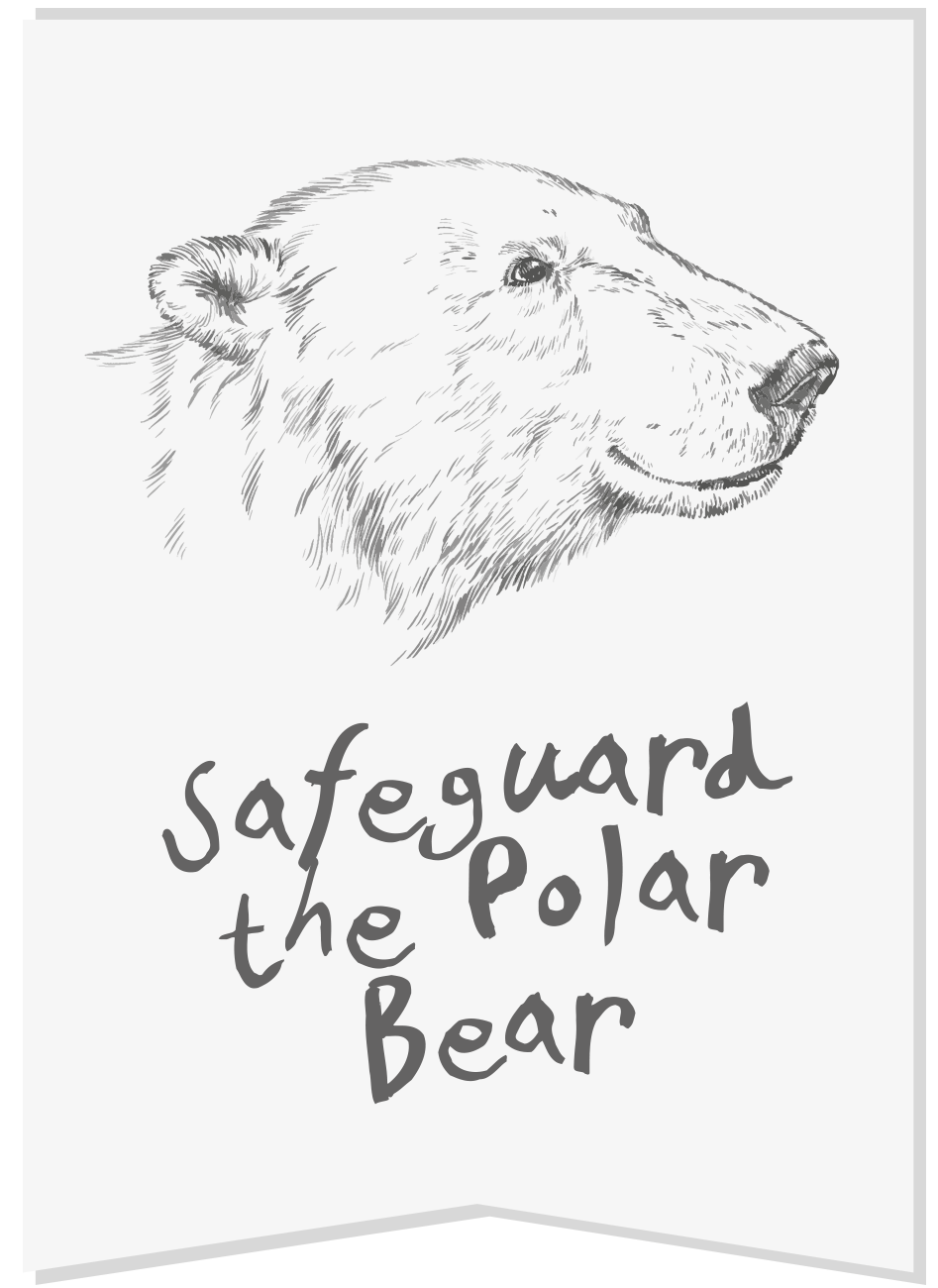
Photo: Golovin Georgiy/GeoPhoto.ru
A Landmark Project for Renovation in the Arctic, Launching Dialog on CBAM, and New Climate Monitoring Systems
Today, we take a look at this week’s top stories on the Russian Arctic.
Steps aiming to track down climate issues and analyze changes occurring in the Russian Arctic are crucial for sustainable development in the region. The recent deployment of the new climate monitoring systems in the High North is a solid proof of Russia’s intent to responsibly address the climate change challenges. Joint efforts by the government, big business, researchers and the expert community can improve the country’s resilience in the long run. Read more…
Sputnik to pave way for renovation in the Russian Arctic
The idea to build several new cities in Russia east of Urals recently voiced by Russian Defense Minister Sergei Shoigu has all chances to come true: on the margins of the Eastern Economic Forum an agreement was concluded to build a new city, which will bear the name Sputnik, in the vicinity of Vladivostok. This project will eventually transform Vladivostok into a metropolitan area of about one million residents. Sputnik will be designed so as to meet the top standards for housing and residential development. Founding a new city will bring new jobs and investment into the region and help revive economic activity in the area. In turn, building Sputnik will help to address the issue of demographic and economic imbalances between the eastern and western parts of the country, which may play a role in improving the quality of life in the Russian Arctic in future. The government is expected to invest into systemic renovation of the Arctic settlements combined with restarting local businesses and opening up new opportunities for development in the High North. Read more…Russia's response to the CBAM initiative
Russian ministries and agencies are working to develop a joint position on the Carbon Border Adjustment Mechanism (CBAM) to be enacted by the European Commission in the near future. In Russia, the CBAM is regarded as a discriminatory mechanism affecting the interests of Russian-based exporters -- and as a serious challenge. To find common ground with the European counterparts, a working group was established chaired by Vice-Premier Alexei Overchuk. In addition to carbon regulation, another global trend has been recently manifesting itself -- that of decarbonization and decreasing demand for carbon fuels. The latter may threaten Russia’s flagship projects in the energy sector, including those launched (or to be launched) in the Arctic. This means that, apart from engaging in a dialogue with the EU, Russia will have to make comprehensive efforts to transform the country’s energy sector and shift towards producing renewables. Read more…Monitoring systems to track how the climate changes in the Arctic
The Siberian Branch of the Russian Academy of Sciences presented a newly designed permafrost map that will enable forecasting the speed of permafrost thawing. The purpose of the map is to adapt the infrastructure and new projects in the Russian Arctic to a new climatic reality. In turn, the first climate monitoring satellite of the Arktika-M series tasked with performing a range of climate monitoring operations in high latitudes was formally commissioned.Steps aiming to track down climate issues and analyze changes occurring in the Russian Arctic are crucial for sustainable development in the region. The recent deployment of the new climate monitoring systems in the High North is a solid proof of Russia’s intent to responsibly address the climate change challenges. Joint efforts by the government, big business, researchers and the expert community can improve the country’s resilience in the long run. Read more…
10 September 2021




